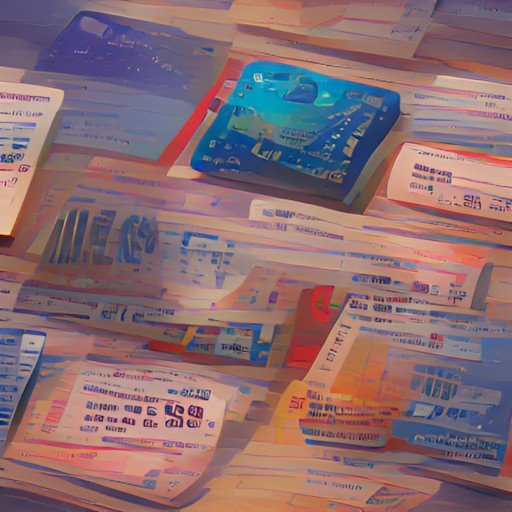Your identity is the complex, living core of who you are. It comprises everything you have done, everywhere you have been, everything you have earned, and that belongs to you. The paths you will walk today are both limited and enabled by the identity you assembled in days past.
If you haven’t earned a law degree, you won’t be practicing law today.
If you aren’t 21 years old yet, you won’t be going to that club.
If you CAN remember your login credentials, you will be able to check your email!
MINE!!
However, the way our identities are handled is problematic. It’s important to be able to prove you have the right authorization to look at medical records, drive heavy machinery, or buy a controlled substance. But when you share your identity with a 3rd party, you usually aren’t sharing JUST the pertinent authorization. Along with determining that my 21st birthday is long past, the clerk at the liquor store gets to scan my exact birthdate and my address (and my weight for crying out loud!). Dozens, if not hundreds of third party service providers have your information “on file”…and 33% of Americans will have their identity stolen, according to the top Google search result.
Global Perspective
Identity management can be even more fraught in other parts of the world. College graduates in Kenya can’t get a job in their earned field until their physical diploma is in hand after graduation - a process that can take months or even years, due to a combination of bureaucratic sludge and old-fashioned corruption. Identity records that are managed by a central government can become completely inaccessible if that government fails.
Login Failed
The user experience for managing your identity in a Web2 world is pretty terrible as well. I have two words for you: Username and Password. The average person has around 100 such credentials, and that number may be increasing by as much as 25% per year (these stats again thanks to an uncritical Google search. Here’s an article with more detail about how bad it really is).
This technology was probably good enough for logging into your AOL account 25 years ago, but we are overdue for something new.
But Blockchain?
So now you think I’m going to tell you that blockchain solves all this, right? Well no - not yet anyway!
Identity is actually one of the biggest hurdles that blockchain will need to overcome as well. One of the first big selling points of blockchain was privacy and anonymity. Your blockchain wallet doesn’t have your name, birthdate, or address anywhere in it - just a set of random “keys.” When you buy something with your blockchain wallet, no one needs to know who you are, where you bank, or what your zip code is. So that’s great in terms of privacy and protecting yourself from identity theft, but what about transactions that require authorization beyond having enough money?
For example:
You can claim this work bounty, but only if you have earned the relevant training credential.
You will be invited to the alumni dinner, but only if you graduated from this institution.
You may view these private records, but only if they really belong to you.
In other words, all the things we currently do with our legacy identities, in the way they work today, need to be enabled for a blockchain future. We need the ability to leverage the power of our earned identities – without trusting centralized authorities, constantly compromising our information, and having to keep track of hundreds of passwords.
Let’s try it!
ProofSpace.id is one of the projects that is working on solving the identity question for a Web3 world. Using the ProofSpace app on your mobile device, you can earn verifiable credentials and control your own “Decentralized Identity”. ProofSpace is itself a type of wallet - a cryptographically secure way to view and communicate with the blockchain. You have full control over your ProofSpace identity documents, who sees them, and when. It’s an exciting beginning to something that could become a huge milestone in blockchain utility.
Lido Nation has partnered with ProofSpace to offer Verifiable Credentials for attendance at the weekly Project Catalyst Town Hall meetings. Every week, Lido Nation will offer attendees a Verifiable Credential for that week’s meeting, with its unique meeting number. Attending the weekly meeting and claiming your free credential is a way to try out the technology, and start building your verifiable reputation in the community!
Who will be the first to earn 10 attendance credentials? 100?
And then what?
A Verifiable Credential offers the best of both worlds: privacy and verifiable reputation. If you hold a Town Hall Verifiable Credential, you can choose to use it when you need or want to prove your attendance. However, Lido Nation doesn’t collect personal data about you to issue it, and the verifier doesn’t need to see personal details either. A credential could be used to log in to a website, avoiding the need to share an email address and create one more password. Imagine how the power of secure, verifiable, online identity will grow as individuals build their reputation while preserving their privacy using Verifiable Credentials!
Get ready to participate by downloading the ProofSpace app on your phone, and register for the Town Hall meeting HERE.



No comments yet…